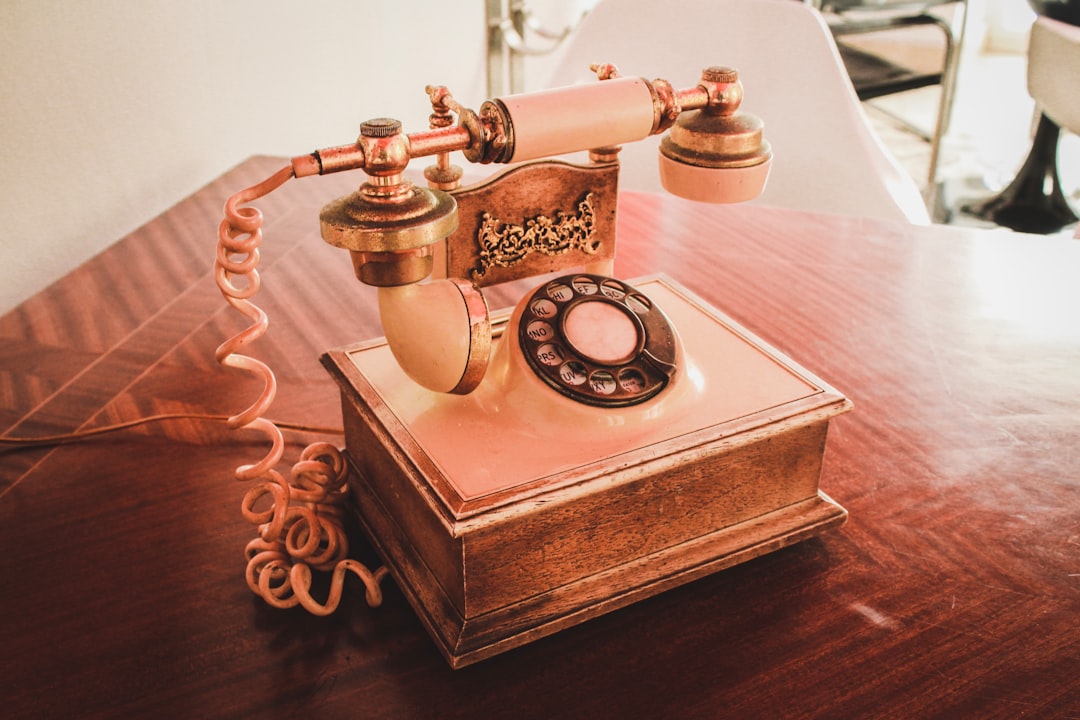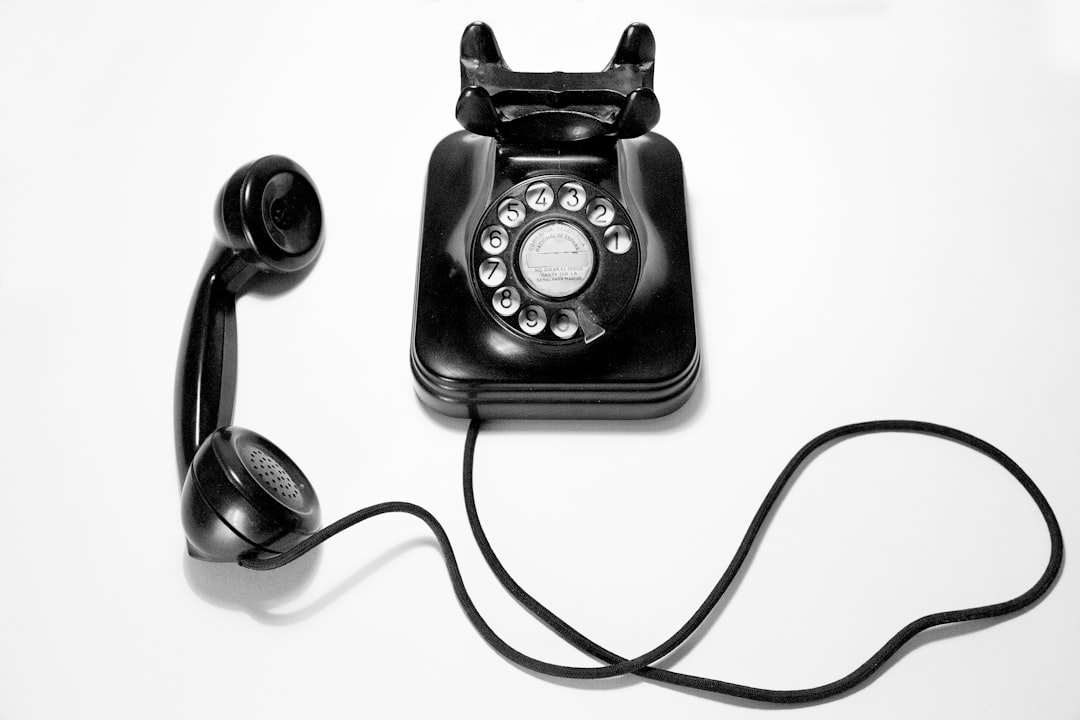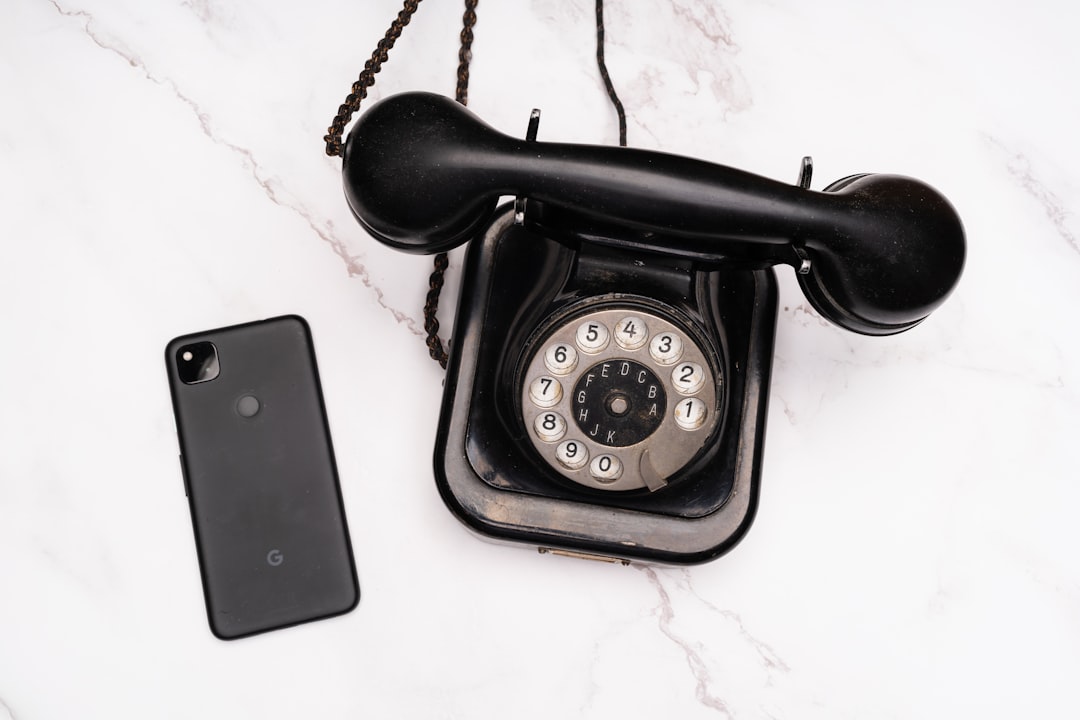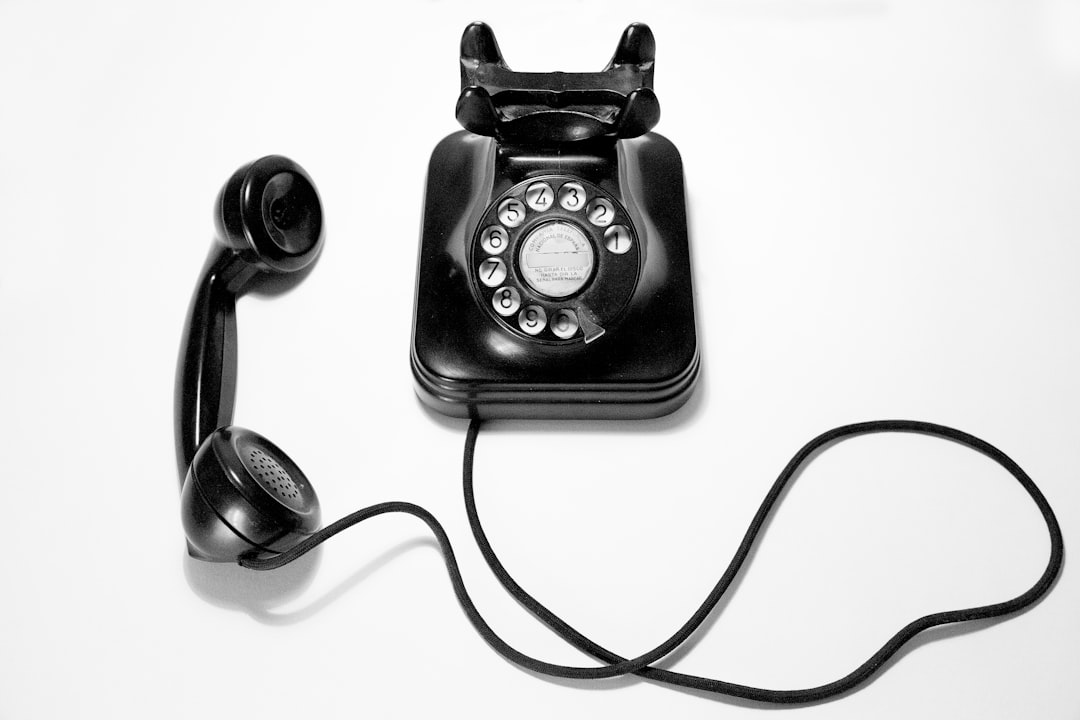In Iowa, Do Not Call (DNC) laws protect residents from unwanted telemarketing and robocalls by allowing them to register on the state's "Do Not Call" list. Violations can be reported to specialized Do Not Call Lawyers or Attorneys in Iowa, who guide consumers through complaints with the FTC and state regulatory bodies. These laws are essential against spam calls, unsolicited sales, and misaligned practices. Consumers should file complaints through the Iowa Attorney General's Office if calls persist despite their 'Do Not Call' status. Understanding DNC regulations and engaging specialized legal help can protect privacy and ensure consequences for violators of Do Not Call Laws in Iowa.
In today’s digital age, understanding your consumer rights under Do Not Call (DNC) laws is more crucial than ever. Iowa residents, armed with knowledge about these regulations, can protect themselves from unwanted spam calls and maintain control over their personal data. This comprehensive guide explores various aspects of DNC laws in Iowa, from the role of a specialized Do Not Call Lawyer to filing complaints against violators. Discover how to navigate this landscape, debunk common misconceptions, and explore real-world case studies highlighting the enforcement and impact of these essential laws with top Do Not Call Attorney firms leading the way in Spam Call law in Iowa.
Understanding Do Not Call Laws in Iowa: A Comprehensive Overview

In Iowa, Do Not Call (DNC) laws are designed to protect residents from unwanted telemarketing calls and texts. As a consumer, you have the right to refuse calls from specific numbers on your personal “Do Not Call” list. This list is regulated by the Federal Trade Commission (FTC) and enforced by state authorities. If your number is on this list, it’s illegal for companies or individuals to contact you without prior express consent.
Iowa’s Do Not Call laws are comprehensive, covering both telemarketers and robocallers. A “Do Not Call” request can be made at any time, and it applies to all forms of communication, including live operators and automated messages. If you believe your rights under these laws have been violated, consulting with a Do Not Call Lawyer or Do Not Call Attorney in Iowa is recommended. These legal professionals specialize in consumer protection and can guide you through the process of filing a complaint with the FTC or state regulatory bodies, ensuring your rights are upheld and potential legal action is taken against violators, including spam call law firms operating within the state.
The Role of a Do Not Call Lawyer in Protecting Your Rights

In today’s digital era, where spam calls and unwanted marketing messages are prevalent, consumers in Iowa have a powerful tool at their disposal—the Do Not Call (DNC) laws. These laws protect residents from relentless sales pitches and intrusive communications by allowing them to register their phone numbers on the state’s official “Do Not Call” list. However, navigating these legal protections can be complex, which is where a skilled Do Not Call Lawyer Iowa steps in.
These attorneys specialize in ensuring that businesses comply with the Do Not Call Laws Iowa. They play a crucial role in defending consumers’ rights by offering legal counsel and representation when there’s a breach of these laws. Whether it’s dealing with persistent spam calls, unsolicited sales calls, or misaligned business practices, a dedicated Do Not Call Attorney Iowa can provide guidance and take appropriate action to protect the interests of clients. By employing their expertise, consumers can rest assured that their rights are safeguarded in this modern, often confusing, landscape of communication regulations.
How to File a Complaint Against Spam Calls in Iowa

In Iowa, addressing spam calls and ensuring compliance with Do Not Call laws is a right and responsibility for consumers. If you’re facing persistent or unauthorized phone marketing calls, taking action is essential. The first step is to identify the source of the calls; check if the caller has registered their number according to state regulations. If the calls continue despite your ‘Do Not Call’ status, it’s time to file a complaint. You can do this through the Iowa Attorney General’s Office, which provides an online form and a dedicated phone line for such complaints.
Engaging a Do Not Call lawyer or attorney in Iowa is another strategic move. These legal professionals specialize in consumer protection laws, including Do Not Call regulations. They can guide you through the process of filing a formal complaint against the spammer, helping to ensure your rights are protected and that the caller faces consequences for violating state laws. Don’t hesitate to reach out; there are resources available to assist Iowans in defending their privacy from unwanted phone marketing tactics.
Common Misconceptions About Do Not Call Regulations Debunked

Many people have misconceptions about Do Not Call (DNC) regulations, often due to misleading information or a lack of understanding. One common myth is that registering on a DNC list automatically stops all unwanted calls—this isn’t entirely true. While it significantly reduces them, some legitimate calls from businesses you’ve done business with or organizations you’ve donated to may still reach your phone.
Another misconception is that DNC laws only apply to telemarketers. In reality, these laws protect consumers from any caller, including debt collectors, political organizations, and even friends using automated dialing systems or prerecorded messages. A Do Not Call Lawyer Iowa or Do Not Call Attorney Iowa can help clarify these rules and guide consumers on how to enforce their rights under Do Not Call Laws Iowa. Remember, staying informed is key to navigating these regulations effectively.
The Impact and Enforcement of Do Not Call Laws: Case Studies from Iowa

Do Not Call laws have significantly reduced unwanted telemarketing calls, offering consumers a much-needed respite from nuisance calls. These laws empower individuals to exercise control over their communication preferences and provide a legal framework for enforcement. In Iowa, the impact of Do Not Call regulations is evident through various case studies showcasing successful protections for residents.
Iowa’s Do Not Call Laws are rigorously enforced by dedicated legal professionals who specialize in these matters. A reputable Do Not Call Lawyer or Attorney in Iowa can assist consumers in navigating their rights and taking action against persistent spam calls. Many firms, known for their expertise in Spam Call laws, have successfully represented clients under the Do Not Call Laws of Iowa, ensuring compliance and providing recourse when necessary.






